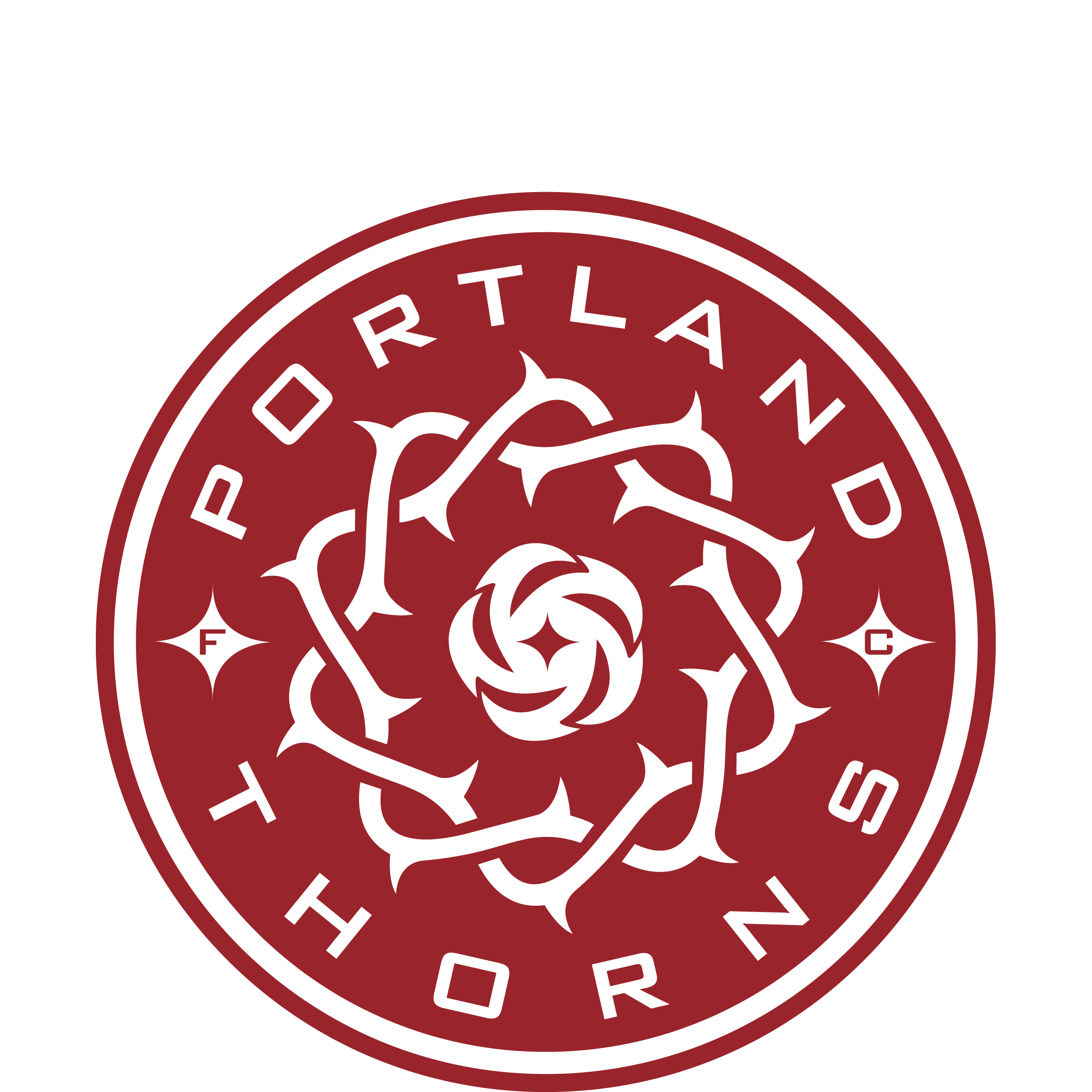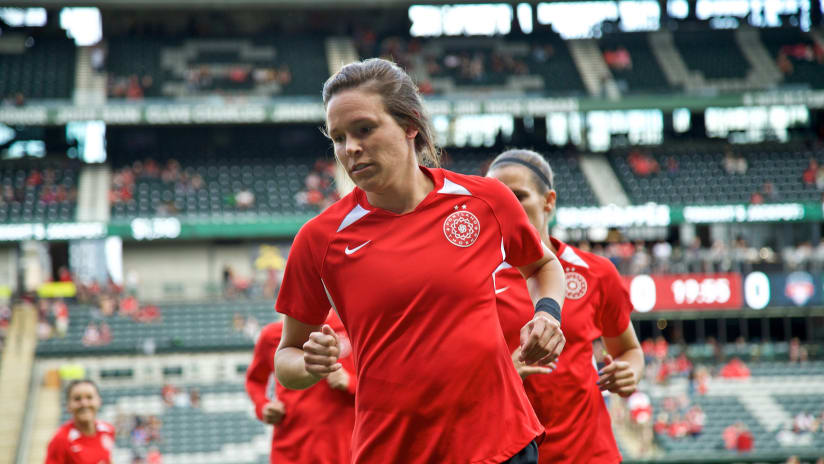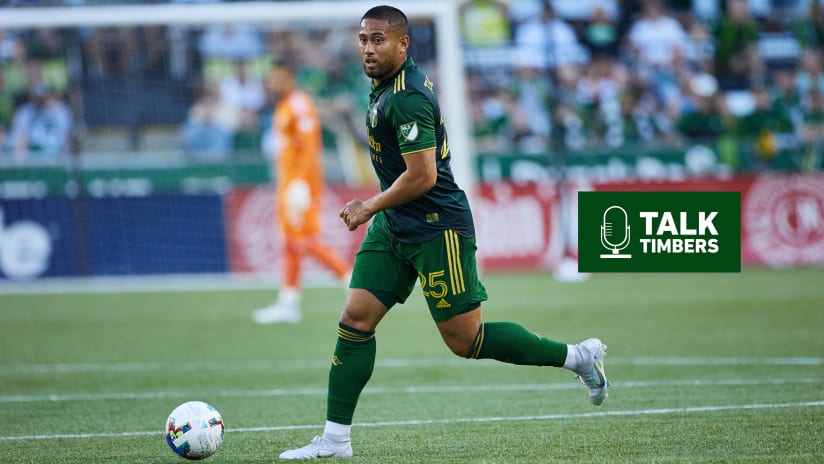PORTLAND, Ore. – “What we’re giving our money to is this very specific group of people who really don’t get that much attention,” explains Portland Thorns FC defender Emily Menges. It’s two days before one of the I’m Not Done Yet Foundation’s biggest fundraisers of the year, one which coincides with Menges’s National Women’s Soccer League game that night at Providence Park against the visiting Houston Dash. While awareness is being raised in the stands, Menges will be doing her job on the field.
The foundation is inspired by the memory of Menges’ brother, Bobby – who passed away in 2017, at 19, after a 14-year battle with cancer – but also by the dedication her brother had to others’ battles. As the foundation explains on its website, “Adolescents are like fish out of water: they’re trying to find their way, they're looking for their own identity, they’re looking for their own place. Now imagine an adolescent with cancer.” Having waged that battle himself, much of Bobby's life was devoted to easing the path for others.
On Saturday, Bobby’s mission comes to Providence Park. Sales of t-shirts make to honor the occasion will see 30 percent of their proceeds go to I’m Not Done Yet. Players will be wearing the same shirts during warmups, while proceedings around the Thorns-Dash game will drive awareness of the foundation's website, where donations made will be matched by the Thorns, up to $5,000.
“These games are our biggest fundraisers in Portland, by far,” Menges says, describing how the organization's growth is allowing I'm Not Done Yet to seek new partnerships on the West Coast. “The campaign that the club runs, the $5,000 match – that’s by far the biggest fundraiser that we’re doing out here.”
It’s a sign of progress for the Menges family’s foundation. Founded to carry on the work of her brother, I’m Not Done Yet is in a place where it can grow its footprint, both in terms of geography and scope. While the foundation has other avenues that generate significant donations, Saturday’s fundraiser represents its broadest event in terms of the number of people it touches.
“That’s the cool thing about this, too,” Menges says. “It really is reaching a large amount of people.
“We get some big donors, and obviously we do a lot of little small things, but this is the biggest group of people that contribute to one single fundraiser that we run. It includes all the fans, the club, and people who aren’t fans who donate.”
The breadth of that group plays into the foundation’s other major goal. Although the money is important, raising the profile of child and adolescent illness is crucial. Too often, those fighting illness through that phase of their lives fall into the gaps, Menges explains. Too often, that group “doesn’t get any help.”
“We’re not only raising money for these people but spreading awareness that this group of people doesn’t get any attention, any funding ...,” Menges says. “They’re thrown into the mix and expected to survive on their own, either as children or adults. But they’re also trying to figure it out, themselves.”
To this point, much of the foundation’s efforts have been based in New York, where I’m Not Done Yet is headquartered. After six years with the Thorns, though, Menges has developed her own roots in Portland, making it natural to continue expanding the foundation’s efforts into Cascadia.
“For us, we’re trying to get name recognition and plant some roots in Oregon,” she says. “How the club has helped us do that is great. Obviously, they have no stake in the game, right? They’re supporting us and what we’re doing. I think that’s really cool.”
The end result, though, has to be the awareness. For a foundation dedicated to telling people what’s been overlooked, the chance to connect with an entire team’s fanbase could prove invaluable.
“We’ve found more of a demographic than a disease,” Menges says. “It’s easier to look at it in terms of, ‘this is the group of people that we’re helping; this is the group of people that really needs our help.’
“That is the most important thing we want to get across right now, while we’re in the process of helping them out. We also want to spread awareness that this is actually a big, gaping hole.














